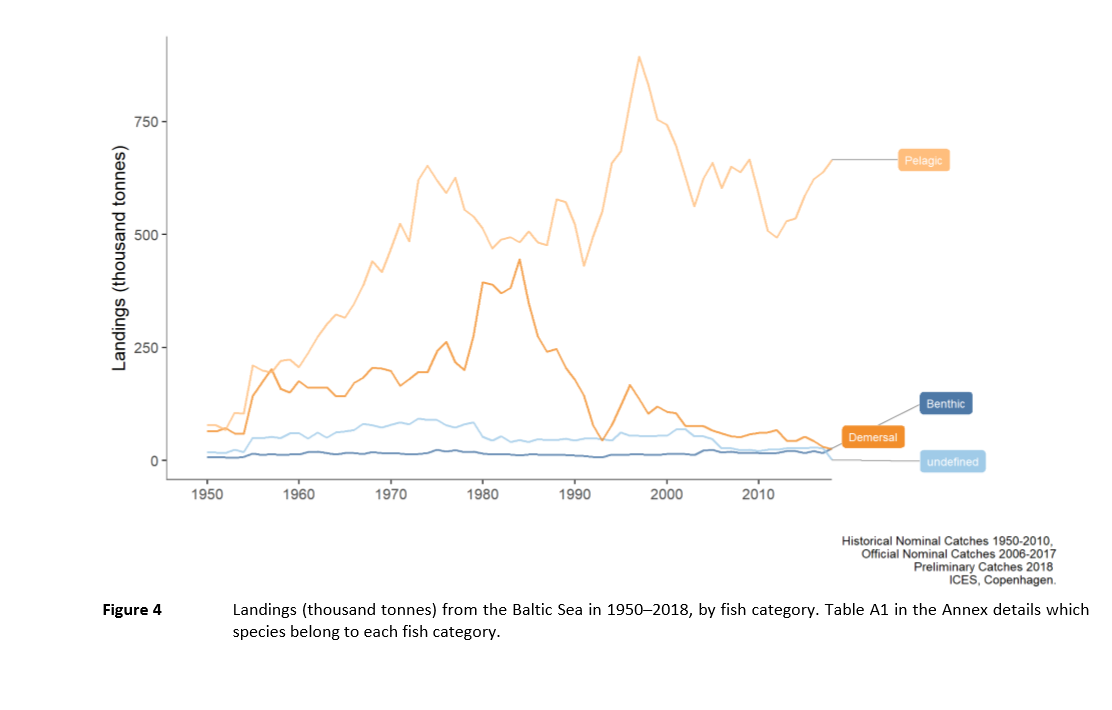A remark by the Fisheries Commissioner reminded me of Occam’s razor.
Occam’s razor reasons that the simplest solution is likely the most likely the right one.
Occam’s razor says “that when presented with competing for hypotheses that make the same predictions, one should select the solution with the fewest assumptions,[3and it is not meant to be a way of choosing between hypotheses that make different predictions( link).”
There are no dark conspiracies and the real reasons are staring you in the face.
It is an idea that has alluded those working in fisheries for a long time.
Are there dark forces out there that explain what’s causing the cod stock collapse in the Baltic Sea. Reasons other than the obvious, over-fishing
I learned yesterday that the Fisheries Commissioner thinks that fishing stocks collapsed in the Baltic Sea because of eutrophication.
Is it true?
Is over-fishing by fishermen the main reason or are there new ‘elements’ in play that caused the stocks.
It’s an important question.
If it is the first the causes and solutions are easy. Fisheries managers, fisheries ministers, officials and the Commissioner, can stop setting quotas that ignore scientific advice, enforce the laws, and stop rampant discarding and illegal fishing. The causes and the solutions are man-made. Human incompetence is the cause.
Yet, maybe the laws of nature have been tweaked by new elements. It’s not man-made incompetence that’s causing the eco-system to collapse.

Source: ICES
Fortunately, the Commission has a lot of evidence to draw on.
First up is eutrophication. The evidence says ” Since the 1980s, nutrient inputs to the Baltic Sea have decreased, and in some sub-basins, strong reductions have taken place”.
Indeed, from a historical perspective, things are improving. “Nitrogen loads have dropped by a quarter and phosphorous loads have halved since 1980, mostly due to better sewage treatment. Current nitrogen loads are comparable to the inputs in the 1970s, while phosphorus is approximately at levels seen in the 1950s.” (ICES, p.4)

Source: ICES
Let’s be clear eutrophication is bad in the Baltic, but it is getting better. The laws of cause and effect seem out of sync.
Second up is climate change. For the Baltic Sea, there is going to be an impact in the future, but that’s not yet clearly kicked in. Check out the advice from ICES on page 11 if you are curious (link).
It is the ruse being used to explain away the collapse in North Sea Cod. It’s not the over-fishing and high discards, its climate change (link).
Why ignore the obvious
You’d think if politicians were serious about these contributions they’d set even more cautious stocks to restore the ecosystems so they are more resilient.
And, you’d think that technocrats would read the evidence they asked for and provide accurate briefings for their Commissioner.
Pretending that the cause of the collapse in fishing stocks is not due to over-fishing and due to eutrophication or climate change makes fake moon landing advocates seem credible.